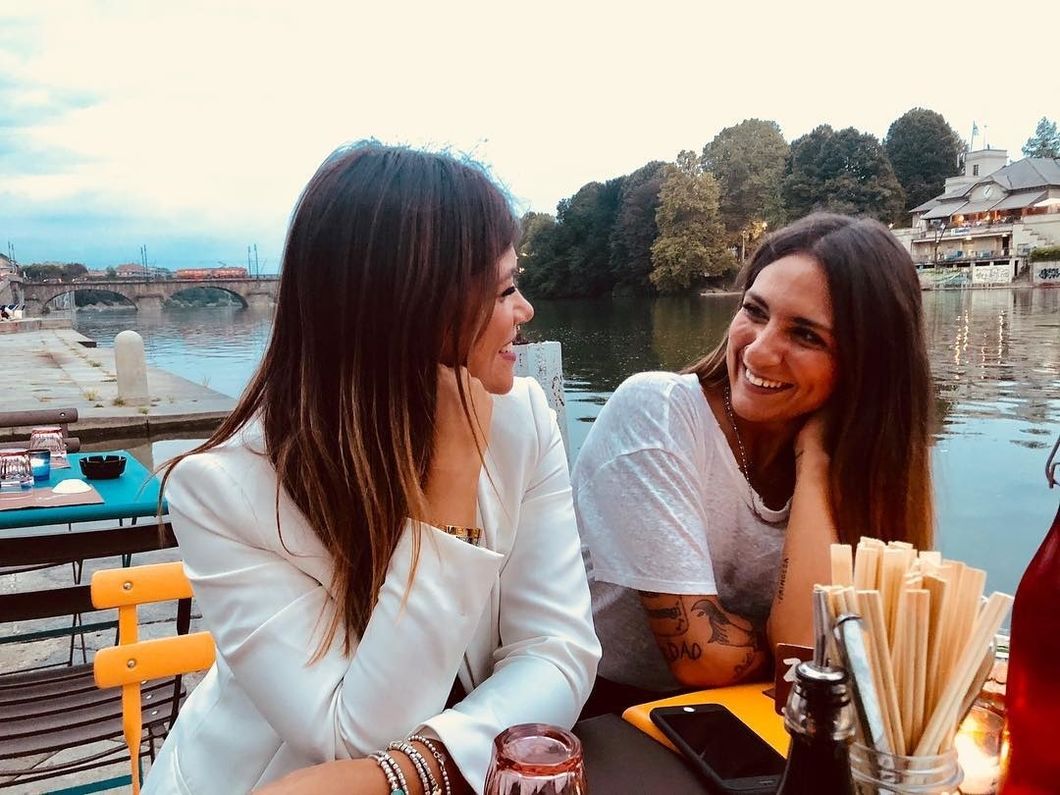One of the best ways to learn anything is through failure. The one question you get wrong on a math test or the one part of your speech that you forget will be the piece that sticks with you the longest.
We regard success and failure as such finite points on a lined spectrum that we never stop to think about what it actually means to fail, and what it means to succeed. Failure is an opportunity to learn, grow, and try again.
As cheesy as this sounds, it's true. Failure is stigmatized, especially in classrooms as it as used to dictate what is known and not known, often never leaving space for what can be learned and failure is a huge part of having difficult conversations.
I was always the type of person to avoid conflict.
I hated picking sides, despised feeling as though I had somehow said something that could be potentially misunderstood, painting me as an entirely different person within a simple sentence.
I hated the worry that came with difficult conversations; will this person judge me for my opinions, my perspectives, the truth that I know and the life that I've lived.
I put myself in a box, afraid of staying the same but too scared of disrupting my environment and the spaces of others.
I have begun a process of learning that doesn't follow the line of success or failure. It's accepting that many of the important conversations, the meaningful conversations, the entryways into my life are guarded by conversations that will not always make me feel comfortable.
Instead, it is the conversation I have with my best friends about the way I operate. Instead, it is the conversation I have with my mother about the direction of my future. Instead, it is acknowledging that while I try to have everything under control, I will never truly always know what's best for others or for myself, and this is okay.
There's a level of acceptance that needs to come with having difficult, awkward, and tense discussions. From these discussions, one of the most important pieces is communication.
This seems obvious.
It isn't.
We sometimes forget communication, and even if we communicate, we forget to acknowledge how our ways of communicating and respecting others come in different, altered forms and will not always look the same.
Sometimes, we're afraid to communicate because we don't want to hurt someone. Sometimes, communication is a choice and it's easier to not communicate, especially if it makes us feel more at ease.
One of the biggest setbacks with communication is always feeling like we need to win a conversation, or somehow convince our partner that we are right and they are wrong.
That isn't a conversation – that's the closing statement of a court case, one where you've already decided guilt and assume you are in the right, and even if you acknowledge wrongdoing, your goal isn't to reach a compromise.
Compromise is exactly what a conversation is about. You won't always agree, and sometimes the end of the discussion will be the culmination of standpoints on a certain topic, but compromise is key.
Listening, active and compassionate listening is integral to learning from another person, and that's why having a difficult conversation is worth it.
I urge you, push yourself into uncomfortable conversations, ask questions, seek information even if you're not always sure of the right way to ask it.
Sometimes the rewards are great and sometimes it will seem as though you have failed. I assure you, what feels like failure is an opportunity to succeed and try again, hopefully now knowing more than you did before.
Push yourself.
But importantly, don't push others. If someone isn't ready to have a conversation that you feel is necessary, wait, and if you can't wait, convey the importance of the conversation to the person you need to talk to.
Boundaries, no matter how beneficial they may be to cross to grow and move forward, should also come with respect and understanding.
Be humble. Be vulnerable. Be open and willing to see a different perspective than the one you've grown to know, and I promise you won't regret the relationships that you build and the perspectives that you will come to acknowledge.

















